By Muhammad Asif Noor
The recent visit of Prime Minister Shahbaz Sharif to China marks a pivotal moment in the enduring and evolving relationship between Pakistan and China. As the first official visit of Prime Minister Sharif since assuming office, it not only reaffirms the strategic partnership between the two nations but also signals a renewed commitment to the China-Pakistan Economic Corridor (CPEC), a flagship project under China's Belt and Road Initiative (BRI). This visit has been hailed as a milestone in the development of bilateral relations, bringing new vigor and dimensions to the multifaceted cooperation between the two countries.
Prime Minister Sharif's visit to China was meticulously planned to cover various aspects of this bilateral cooperation. His itinerary included meetings with top Chinese leaders such as President Xi Jinping, Premier Li Qiang, and Chairman of the Standing Committee of the National People’s Congress Zhao Leji. These high-level engagements were crucial for reinforcing the political and strategic dimensions of the relationship. The discussions focused on enhancing economic cooperation, addressing security concerns, and exploring new avenues for collaboration in various sectors.
A significant highlight of this visit was the renewed focus on CPEC. Since its inception, CPEC has been envisioned as a game-changer for Pakistan’s economy. It encompasses a series of infrastructure and energy projects aimed at addressing critical bottlenecks and fostering economic growth. However, the momentum of CPEC had slowed down in recent years due to political changes, the COVID-19 pandemic, and economic challenges. Prime Minister Sharif’s visit has revitalized this initiative, bringing it back to the forefront of Pakistan-China relations.
During the visit, several agreements and MoUs were signed, marking the beginning of the second phase of CPEC. This new phase focuses on five new corridors: the growth corridor, the livelihood corridor, the innovation corridor, the green energy corridor, and the open and inclusive regional development corridor. Each of these corridors aims to address specific areas of development, ensuring a holistic approach to economic growth and sustainability.
The growth corridor is designed to enhance industrial cooperation between Pakistan and China through business-to-business linkages. This was exemplified by the Pakistan-China Business Conference held in Shenzhen, which saw the participation of over 350 entrepreneurs from both countries. The conference resulted in the signing of 32 MoUs in various fields, including IT, textiles, leather, minerals, pharmaceuticals, and agriculture. This business-to-business engagement is expected to boost trade, attract investment, and foster industrial growth in Pakistan.
The livelihood corridor focuses on improving the quality of life for the people of Pakistan. One of the key areas of cooperation in this corridor is agriculture. China’s advancements in modern agricultural techniques and technologies offer valuable insights for Pakistan. During the visit, agreements were made to upgrade Pakistan’s agriculture sector by sending Pakistani scientists to China for training and adopting modern agricultural practices. This collaboration aims to enhance agricultural productivity and ensure food security in Pakistan.
The innovation corridor aims to foster technological cooperation between the two nations. China’s prowess in science and technology presents significant opportunities for Pakistan to modernize its economy and improve its global competitiveness. During the visit, both countries agreed to enhance cooperation in the field of science and technology, including the digitalization process. The strategic partnership with Huawei, a leading Chinese high-tech company, is expected to play a crucial role in this endeavor, helping Pakistan to implement digital transformation initiatives.
The green energy corridor focuses on sustainable development and environmental protection. Pakistan, with its abundant natural resources, has significant potential for renewable energy projects. During the visit, agreements were made to start green energy projects such as hydropower plants in Kohala and Azad Pattan, with a combined capacity of 2,000 MW. These projects will not only provide clean energy but also contribute to Pakistan’s efforts to combat climate change and reduce its carbon footprint.
The open and inclusive regional development corridor emphasizes regional connectivity and integration. CPEC’s infrastructure projects, including the development of the Gwadar port and a network of highways and motorways, aim to enhance connectivity between China and Pakistan, as well as within the region. These projects are expected to transform Pakistan into a regional hub for trade and commerce, facilitating economic integration and promoting regional stability.
Security cooperation was another critical aspect of Prime Minister Sharif’s visit. The safety of Chinese nationals and projects in Pakistan has been a growing concern due to recent terrorist attacks. Both countries reiterated their commitment to enhancing counter-terrorism cooperation and ensuring a secure environment for CPEC activities. The cultural and educational exchanges between China and Pakistan also received a boost during this visit. Prime Minister Sharif’s visit to Shaanxi province, known for its rich historical heritage and scientific research capabilities, underscored the importance of cultural diplomacy. The visit included discussions on increasing scholarships, academic exchanges, and joint research programs.
Prime Minister Shahbaz Sharif’s visit to China has been a landmark event in the ongoing development of China-Pakistan relations. It has revitalized the CPEC initiative, bringing new energy and dimensions to the partnership. The visit has paved the way for enhanced economic cooperation, technological innovation, sustainable development, and regional connectivity. By addressing critical issues and exploring new avenues for collaboration, this visit has set the stage for a brighter and more prosperous future for both countries.
The author is a founder of Friends of Belt and Road Initiative Forum, an advisor to Pakistan Research Center of Hebei Normal University and a co-founder of the Alliance of China-Pakistan Research Centres.









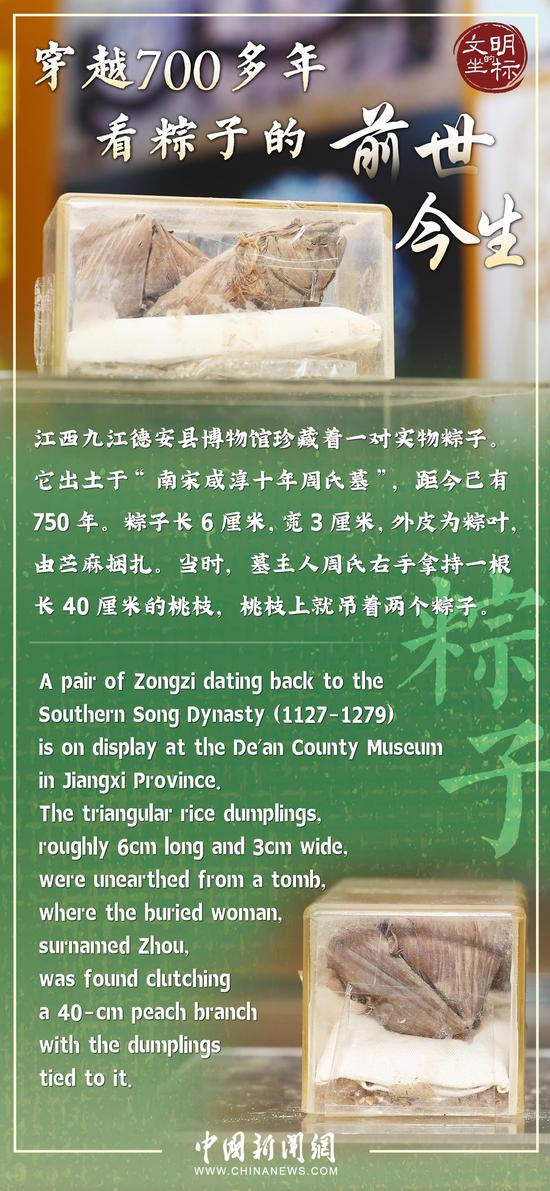

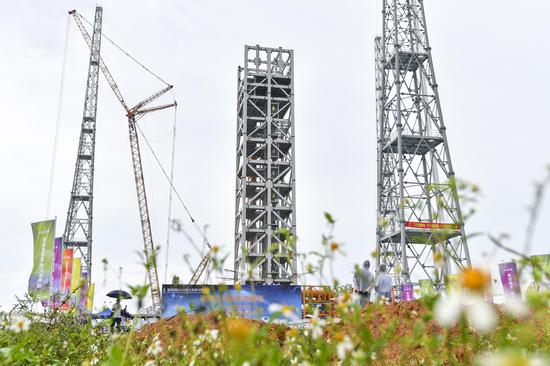
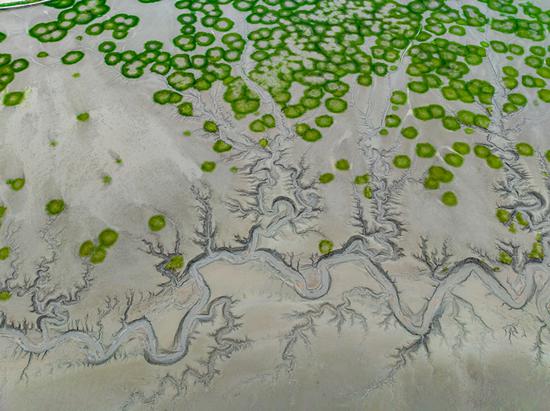

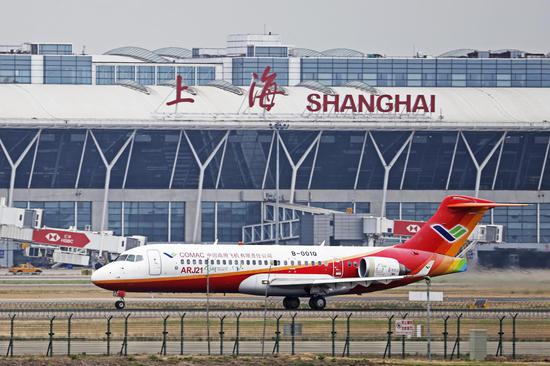


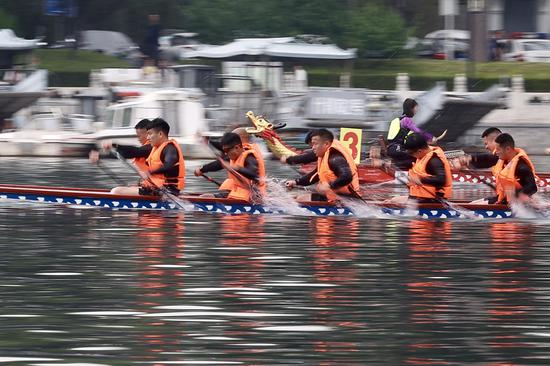
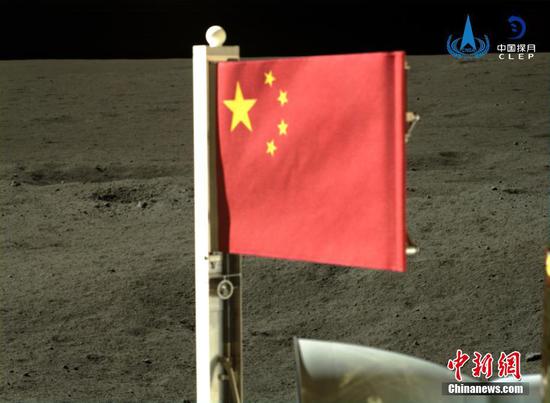
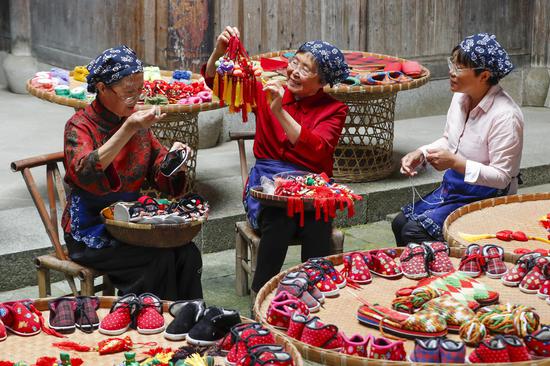

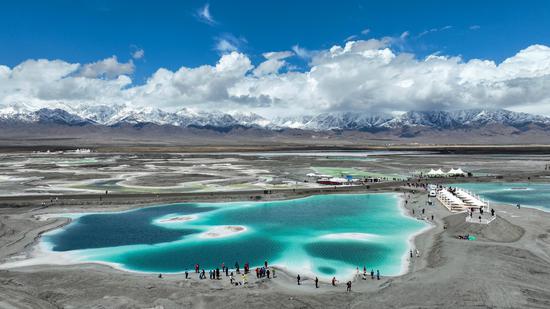

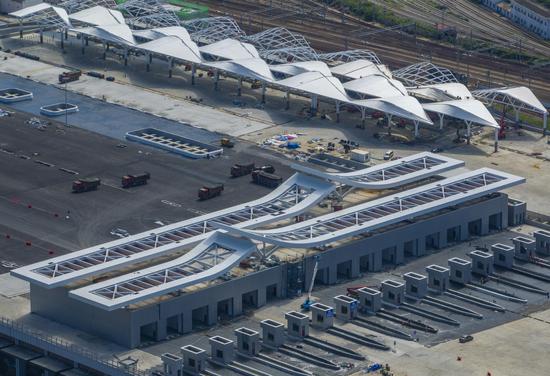
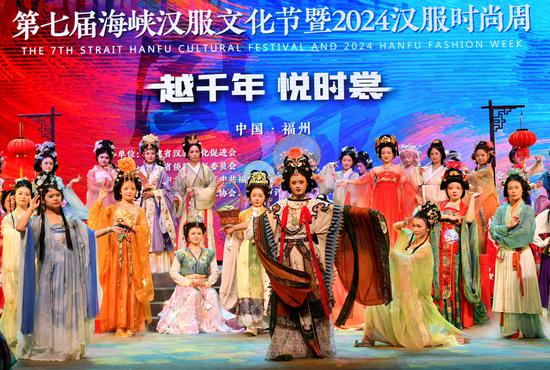

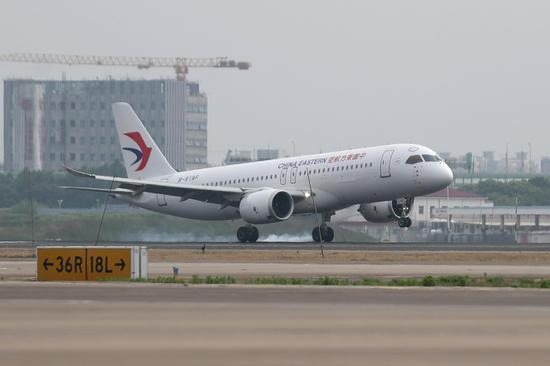

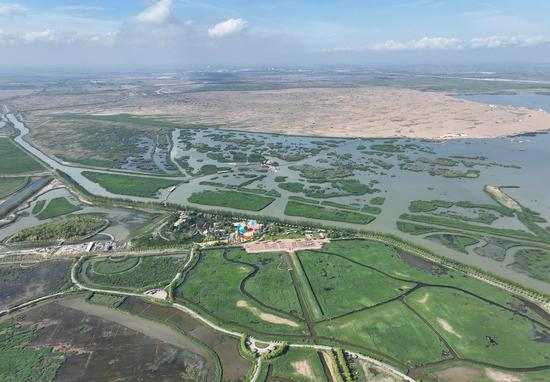
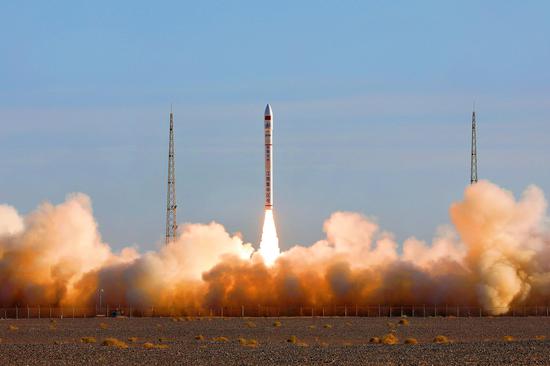
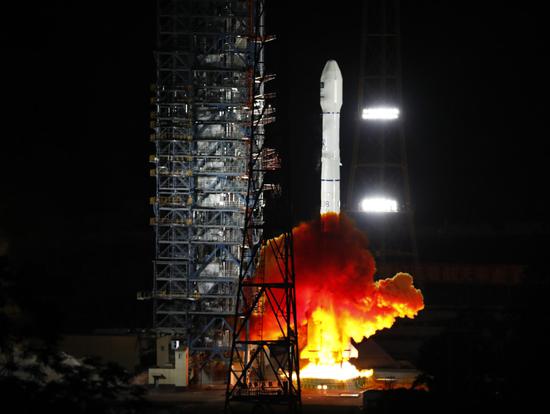
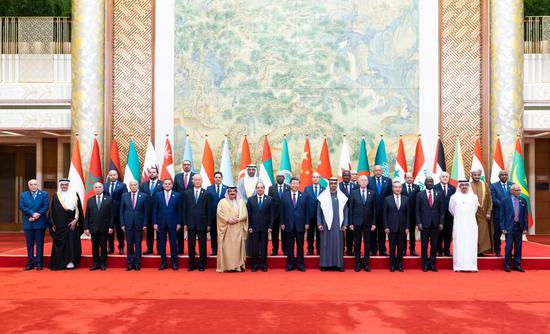
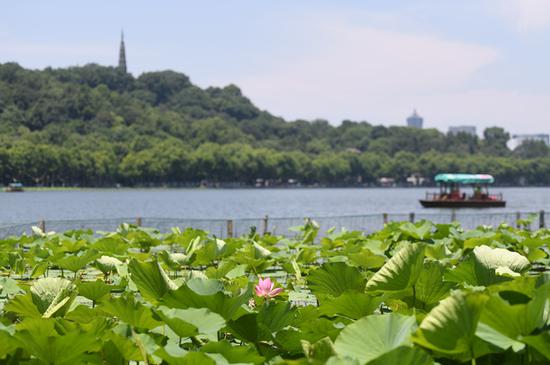
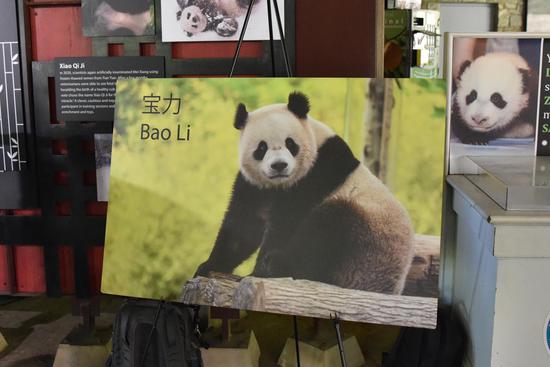
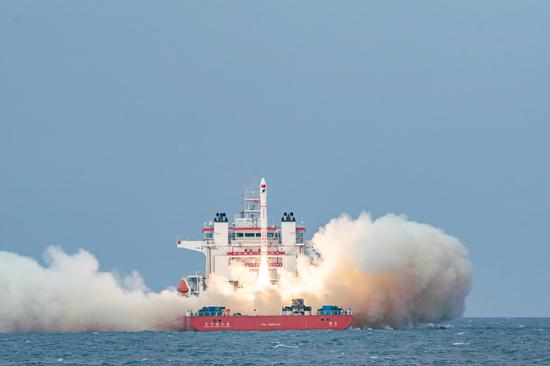
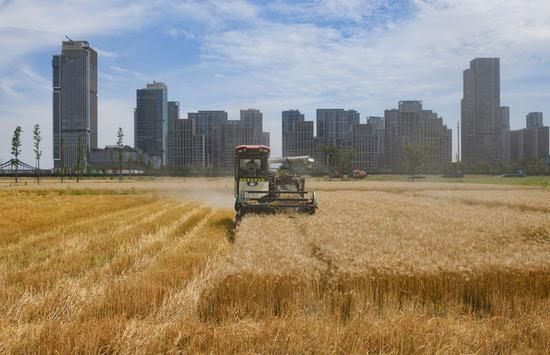
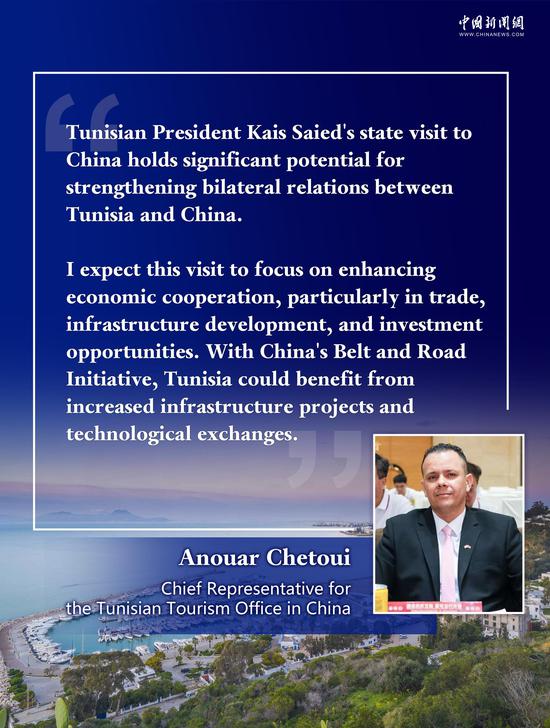
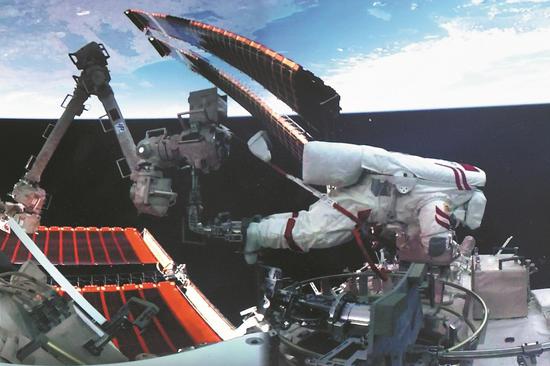

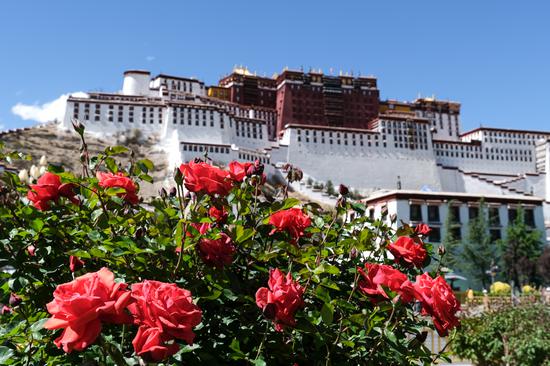
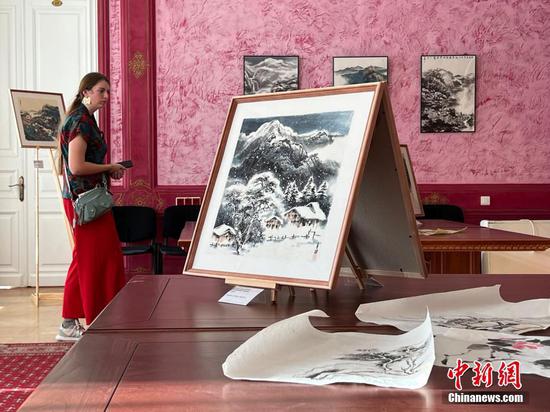

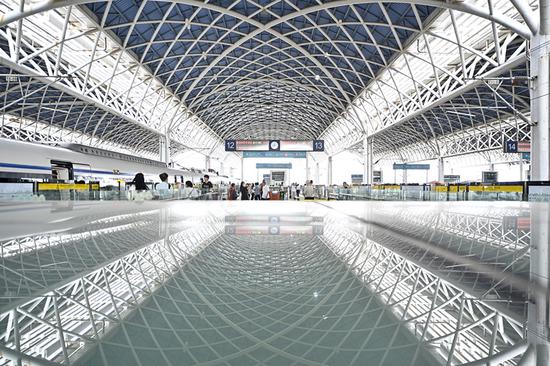

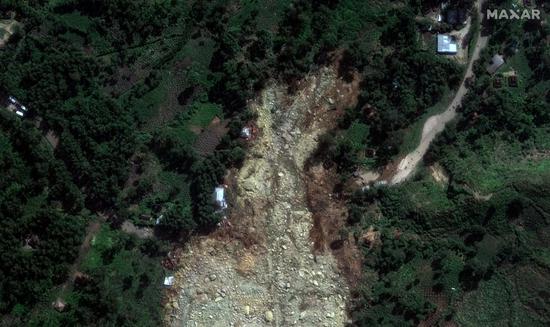





 京公网安备 11010202009201号
京公网安备 11010202009201号